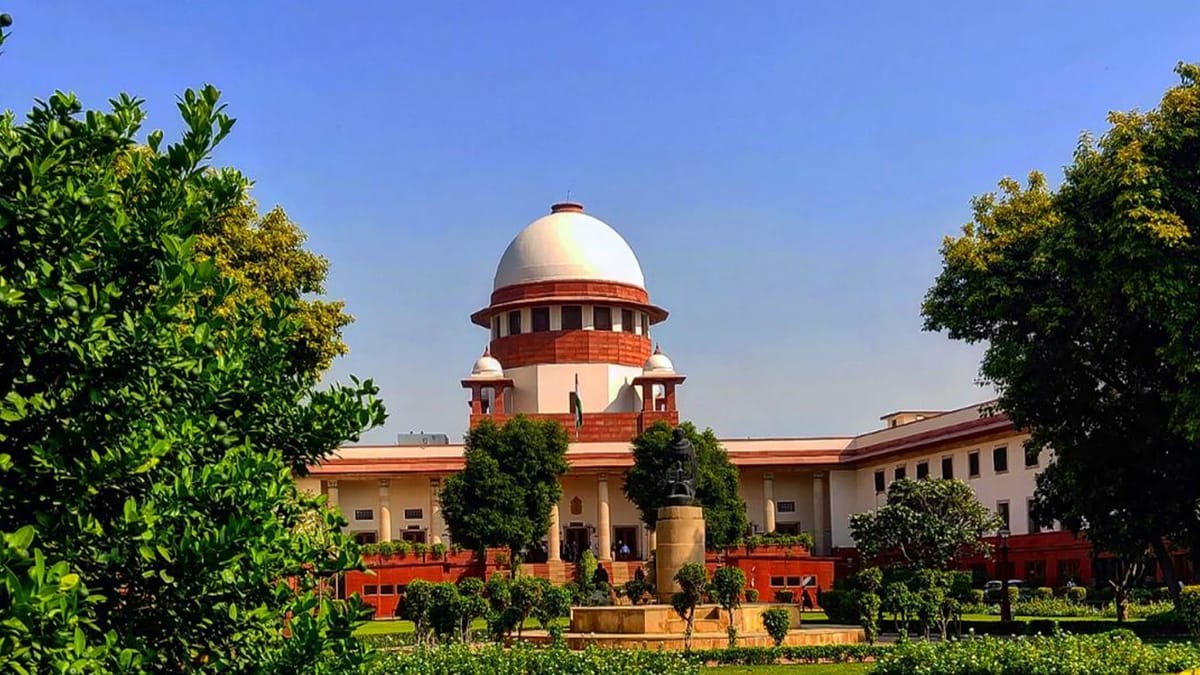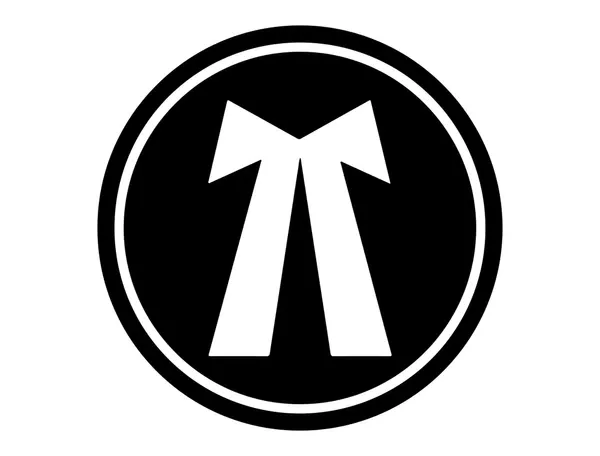Supreme Court Rejects JSW Steel’s ₹19,700 Cr Resolution Plan for Bhushan Power; Orders Liquidation

Author: Mansi Jayant, 4th year law Student, Trinity Institute Of Professional Studies
Introduction
In a significant ruling, the Supreme Court of India has ordered the liquidation of Bhushan Power and Steel Ltd (BSPL), rejecting JSW Steel Ltd's ₹19,700 crore resolution plan. The Court held the plan to be illegal and in violation of the Insolvency and Bankruptcy Code (IBC), 2016. This decision marks a pivotal moment in India’s corporate insolvency landscape and underlines the judiciary's commitment to upholding statutory safeguards and financial discipline under the IBC. The bench criticized both the Resolution Professional (RP) and the Committee of Creditors (CoC) for approving a non-compliant plan and thereby undermining the sanctity of the insolvency process.
Background of the Case
The insolvency proceedings for Bhushan Power & Steel Ltd began in 2017 after the company defaulted on loans worth over ₹45,000 crore. JSW Steel, one of India’s leading steelmakers, emerged as the successful resolution applicant with a plan involving ₹19,700 crore for acquiring BSPL. This resolution plan was approved by the National Company Law Tribunal (NCLT) in 2019 and subsequently affirmed by the National Company Law Appellate Tribunal (NCLAT).
However, JSW Steel failed to implement the plan within the prescribed timeline. The delay, spanning almost two years, saw the company not fulfilling key obligations despite being granted considerable leeway. This delay was eventually challenged before the Supreme Court by certain operational creditors and other stakeholders, raising questions about the legitimacy and effectiveness of the resolution process.
Statutory Framework
The Supreme Court's decision primarily hinged on the interpretation and enforcement of provisions under the IBC, particularly:
- Section 30(2): Requires resolution plans to comply with all provisions of law.
- Section 33(1): Provides for liquidation of the corporate debtor if no resolution plan is implemented within the prescribed timeline or if a plan is found non-compliant.
- Section 29A: Disqualifies certain persons from submitting resolution plans to prevent backdoor entries by defaulting promoters.
- Section 31(1): Mandates that approved resolution plans are binding on all stakeholders, including the resolution applicant.
Arguments Presented
Petitioners:
Creditors and concerned stakeholders argued that JSW Steel’s inordinate delay in executing the resolution plan had severely compromised the objectives of the IBC—namely, time-bound resolution and maximization of asset value. They also pointed out that the plan was not compliant with mandatory statutory provisions and was thus liable to be rejected under Section 30(2).
JSW Steel:
The company argued that it had faced regulatory hurdles and litigation delays, which prevented it from implementing the plan on time. It contended that the plan had been approved by both the NCLT and NCLAT, and the delays should be viewed sympathetically, particularly considering the company’s substantial offer and long-term interest in reviving BSPL.
Resolution Professional and CoC:
The RP and CoC were criticized for their failure to enforce the plan and for allowing such a prolonged delay. The CoC had continued to support JSW Steel despite its non-compliance, which the Court held as a dereliction of their fiduciary and statutory duties.
Legal Issues
The Court had to consider several key questions:
- Whether the prolonged non-implementation of an approved resolution plan justifies its rejection and subsequent liquidation under Section 33(1) of the IBC.
- Whether the RP and CoC violated their obligations under the IBC by allowing a non-compliant plan to remain in force for over two years.
- Whether JSW Steel’s conduct amounted to a breach of the binding nature of an approved resolution plan under Section 31(1).
Supreme Court’s Decision
The Court held that the approval of the resolution plan by the NCLT and NCLAT did not render it immune to scrutiny, especially when the plan had not been implemented even after a significant delay. It observed that the entire process had lost its essence due to inaction on the part of the RP and CoC.
Highlighting the mandatory timelines prescribed under the IBC, the Court held that JSW Steel’s failure to comply with the terms of the resolution plan made it unfit for execution. Under Section 33(1), the Court ordered the liquidation of BSPL, citing that this was the only viable solution in light of the circumstances.
The Court also emphasized that the CoC is not a body with unfettered discretion and must act within the framework of the law. It condemned the CoC’s endorsement of a flawed plan and called for greater accountability and professional conduct in insolvency cases.
Significance of the Judgment
This decision sends a strong message to all stakeholders in the insolvency ecosystem—especially resolution applicants, creditors, and professionals—that statutory deadlines and compliance obligations under the IBC are sacrosanct. It also highlights the Supreme Court’s intolerance for delay tactics and non-performance post-plan approval.
Additionally, the ruling emphasizes the accountability in the application of CoC and RPs, prioritizing the sanctity of the insolvency process over corporate bargaining and strategic postponements. By directing the liquidation under Section 33(1), the Court has reaffirmed the core objective of the IBC: achieving timely resolution or effective exit through liquidation.
Conclusion
The Supreme Court’s decision to reject JSW Steel’s ₹19,700 crore resolution plan and order the liquidation of Bhushan Power sets a powerful precedent for corporate insolvency proceedings in India. The judgment underscores the importance of implementing resolution plans promptly and lawfully. It reaffirms that while the IBC aims to revive failing companies, this objective must not come at the cost of statutory compliance and procedural integrity. This ruling is likely to shape future conduct and expectations in resolution processes, compelling all players to act with greater responsibility, accuracy, and respect for the rule of law.
To read more, visit legalwiki.co



![Paid Internship Opportunity at PPG Legal [Delhi;Stipend Rs 5-15K]-Apply by Jan 31!](/content/images/size/w600/2026/01/Internship2.webp)
![Internship Opportunity at The Office of HMJ R. Mahadevan, Delhi [Full-time; Delhi]- Apply by January 15!](/content/images/size/w600/2026/01/R.-Mahadevan.png)